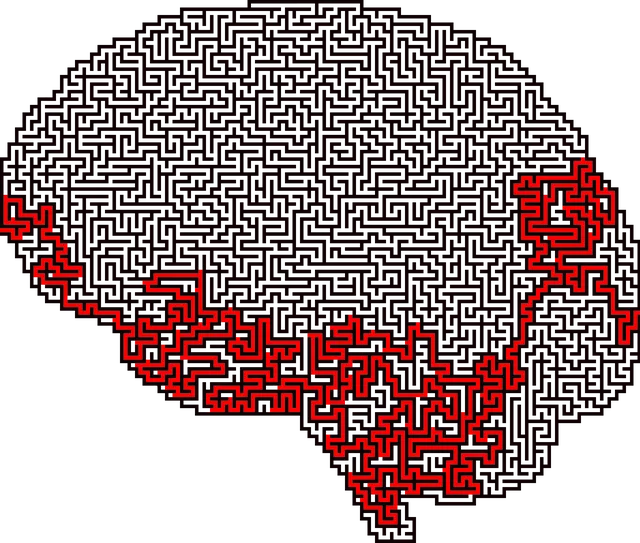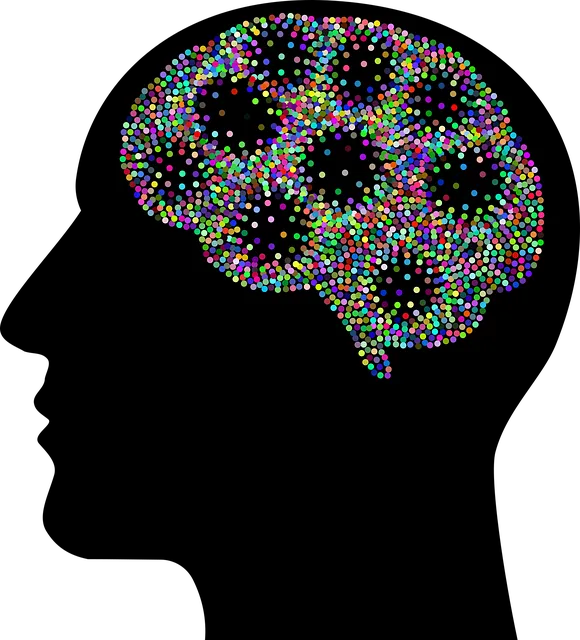The Kaiser Permanente mental health center in Wheat Ridge employs the RFM (Resilience, Frequency, Moment) framework as a cornerstone of its risk management planning. This model offers structured sessions for clients to develop emotional intelligence and build resilience through safe spaces for experience processing and effective coping mechanism design. The approach has proven successful, enhancing patients' ability to navigate challenges, increasing mental health awareness, and leading to higher satisfaction rates and improved outcomes. Through continuous improvement processes, the center empowers individuals with tools for managing stress, promoting emotional well-being, and recognizing its impact on physical health and quality of life.
“Uncovering a powerful tool for enhancing mental well-being, this article explores the integration of RFM (Resilience, Flexibility, and Mastery) exercises at Kaiser Permanente Wheat Ridge, a leading mental health center. We delve into how these innovative practices impact patient support, offering a comprehensive guide for healthcare professionals aiming to implement similar programs. From understanding RFM’s foundation to showcasing success stories and addressing challenges, this resource highlights the transformative potential of resilience-building within Kaiser Permanente’s approach to mental health care.”
- Understanding RFM and its Impact on Mental Health Support
- The Role of Resilience Building Exercises in Kaiser Permanente Wheat Ridge's Strategy
- Implementing Effective RFM Programs: Step-by-Step Guide for Mental Health Centers
- Success Stories: Real-Life Benefits of RFM at Kaiser Permanente
- Overcoming Challenges: Tips for Sustaining RFM Practices in a Healthcare Setting
Understanding RFM and its Impact on Mental Health Support

At the Kaiser Permanente mental health center Wheat Ridge, professionals recognize that Resilience, Frequency, and Moment (RFM) is a powerful framework for enhancing mental health support. This model, often employed in Risk Management Planning for Mental Health Professionals, focuses on building resilience within individuals to mitigate the impact of stressful events. By understanding an individual’s emotional intelligence and conflict resolution techniques, professionals can tailor interventions to foster adaptability and strength.
The RFM approach underscores the significance of frequent, structured support sessions that create a safe space for clients to process their experiences. This consistent engagement equips them with effective coping mechanisms, thereby improving their ability to navigate life’s challenges. Incorporating emotional intelligence training within these sessions further strengthens clients’ mental resilience, enabling them to manage and overcome adversity.
The Role of Resilience Building Exercises in Kaiser Permanente Wheat Ridge's Strategy

At Kaiser Permanente Wheat Ridge, resilience building exercises play a pivotal role in their comprehensive mental health strategy. Aiming to improve emotional well-being promotion techniques, the organization has integrated various stress management workshops and activities designed to equip individuals with effective stress reduction methods. These exercises are not just isolated events but are intricately woven into the healthcare center’s holistic approach, fostering an environment where patients can build mental fortitude and navigate life’s challenges with greater ease.
Through these sessions, Kaiser Permanente Wheat Ridge seeks to empower individuals with practical tools for managing stress, enhancing their overall resilience. The implementation of such initiatives reflects a forward-thinking strategy, recognizing the profound impact of emotional well-being on physical health and overall quality of life. By focusing on prevention and early intervention through stress reduction methods, the mental health center is pioneering a game-changing approach to care.
Implementing Effective RFM Programs: Step-by-Step Guide for Mental Health Centers

Implementing Effective RFM Programs at Kaiser Permanente Mental Health Center Wheat Ridge involves a structured approach to enhance resilience and foster mental well-being among clients. The process begins with identifying specific goals tailored to the center’s unique needs, ensuring alignment with the broader mission of trauma support services. Next, customize empathy building strategies that encourage open communication and safe spaces for expression, crucial elements in strengthening client-therapist relationships.
A step-by-step guide would include designing engaging activities focused on self-care routine development for better mental health. This could range from mindfulness exercises to creative outlets, catering to diverse preferences. Regularly assess the program’s effectiveness through feedback mechanisms and client progress tracking, allowing for continuous improvement. By following these steps, Kaiser Permanente Mental Health Center Wheat Ridge can offer transformative experiences that build resilience and empower individuals in their journey towards mental health recovery.
Success Stories: Real-Life Benefits of RFM at Kaiser Permanente

At Kaiser Permanente mental health center Wheat Ridge, the implementation of RFM (Resilience, Flexibility, and Mindfulness) exercises has led to remarkable success stories. The program, designed to enhance mental wellness and foster a culture of self-care routine development, has had profound effects on patients’ lives. Many participants report improved ability to navigate life’s challenges, leading to better overall mental health awareness.
The RFM approach encourages individuals to build resilience by adopting mindfulness practices and cultivating flexibility in their thinking. This holistic method has proven particularly effective in reducing stress and anxiety, enabling patients to develop a more positive outlook on life. The center’s commitment to integrating these exercises into traditional therapy sessions has resulted in higher patient satisfaction rates and improved outcomes, showcasing the power of such innovative mental health initiatives.
Overcoming Challenges: Tips for Sustaining RFM Practices in a Healthcare Setting

Implementing RFM (Resilience, Flexibility, and Mindfulness) practices in a healthcare setting, particularly at a Kaiser Permanente mental health center in Wheat Ridge, requires addressing unique challenges. One significant hurdle is balancing the integration of these exercises with the demanding nature of patient care. Healthcare professionals often juggle heavy workloads, urgent cases, and diverse patient needs, making it challenging to prioritize self-care and resilience training.
To overcome these obstacles, healthcare centers can foster a culture of Mental Health Awareness by integrating RFM into daily routines. Encouraging open discussions about Stress Management and Conflict Resolution Techniques through team meetings or peer support groups can enhance Self-Awareness Exercises. Additionally, providing flexible scheduling options for RFM sessions and offering diverse formats, such as online resources or in-person workshops, allows professionals to participate according to their preferences and schedules.
The implementation of RFM (Resilience, Flexibility, and Mastery) practices within Kaiser Permanente Wheat Ridge’s mental health support strategy has proven to be a game-changer. By integrating resilience-building exercises, the center has successfully enhanced its ability to cater to individuals facing diverse mental health challenges. This structured approach, as demonstrated in the success stories shared, not only improves patient outcomes but also fosters a more sustainable and effective healthcare environment for both clients and practitioners. With the right tools and a step-by-step guide, as provided in this article, other Kaiser Permanente mental health centers can replicate these successful practices, ultimately revolutionizing their services and positively impacting lives.






